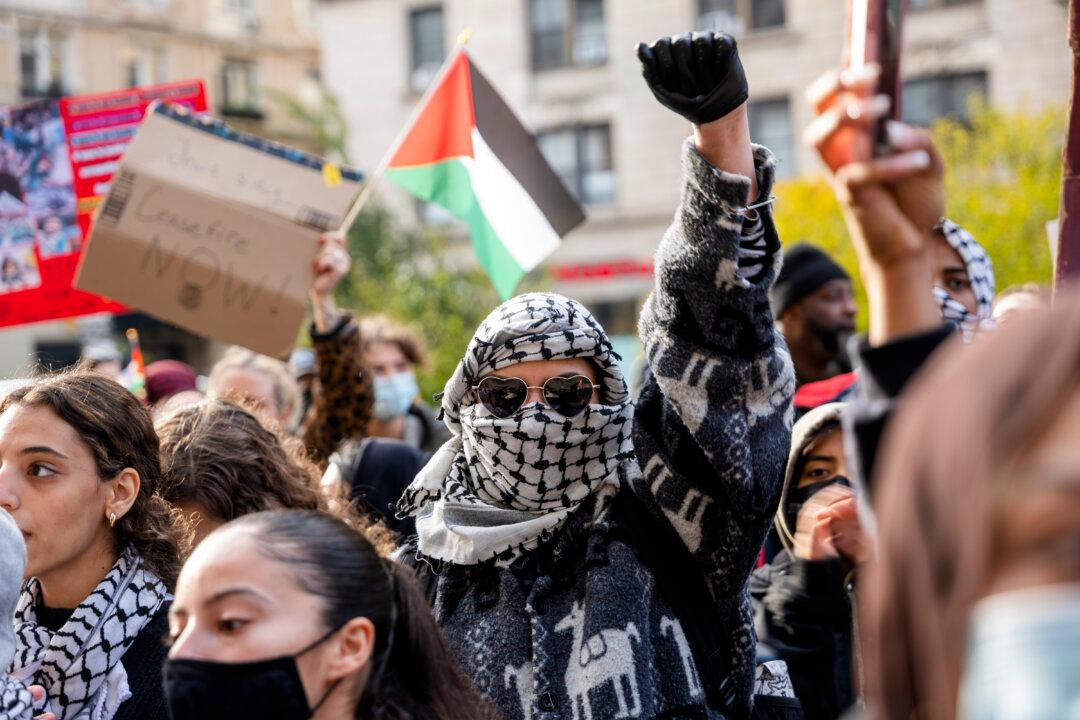Commentary
Enough already. It is time for colleges and universities to get tough on student protesters who hide behind masks while engaging in violent or unlawful campus demonstrations.

Enough already. It is time for colleges and universities to get tough on student protesters who hide behind masks while engaging in violent or unlawful campus demonstrations.